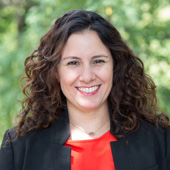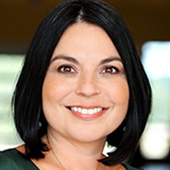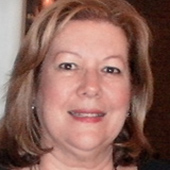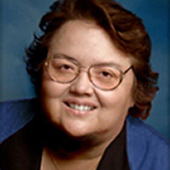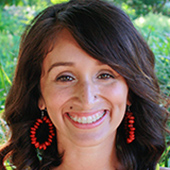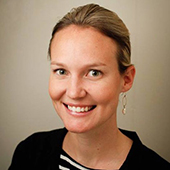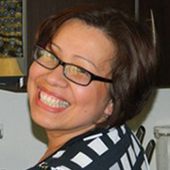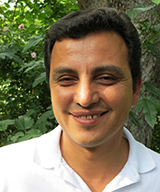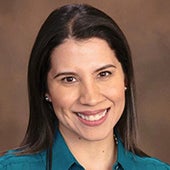Bilingual/Bicultural Education
Department of Curriculum and Instruction
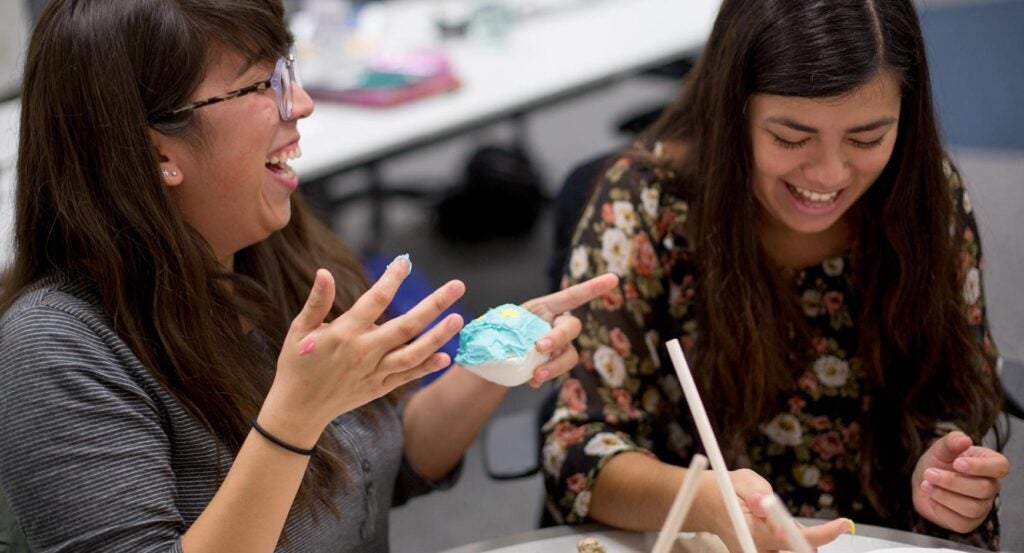
The Bilingual/Bicultural Education (BBE) program provides expertise for students to become leaders in a field of growing importance. BBE students develop a critical perspective that empowers them to advocate effectively for bilingual educators, administrators, children and families both in and outside of the K-12 education system.
Working alongside faculty, BBE graduate students develop a knowledge base in research and practice in the key areas of language policy and bilinguals’ educational program development; second language acquisition; biliteracy; effective bilingual and ESL instructional practices; bilingual and ESL teacher preparation; and immigration theory.
In addition, our thriving undergraduate Bilingual Teacher Certification program offers students extensive opportunities to experience research and theory in practice in the classroom.
Faculty

Studies long-term relationships with Latinx bilingual students and teachers using arts-based biliteracy approaches to affirm and amplify silenced perspectives, build connections, and develop bilingualism and biculturalism.


Develops and evaluates interventions and assessments using technology to support the academic success of Latinx students and other students whose home language is not English.

Focuses on language and cultural influences on teaching and learning mathematics, particularly equity issues involving Latinx students mathematical thinking, the simultaneous learning of English as a second language and math and preparing teachers ...


Examines ethnographic language and literacy practices in K-12 classrooms, specifically focusing on how Latinx critical race theory explains the relationship between heritage language and culture and the evolving identities of future teachers.

Explores the language and literacy practices of young African American children in dual language bilingual program spaces from critical perspectives.

Biliteracy practices in classroom and curriculum, translanguaging pedagogy, bilingual programs, and dual language programming. Family advocacy and partnerships.
Examines the contributions of strengths-based approaches in literacy instruction with Spanish-speaking bilingual teacher candidates and in-service teachers in the U.S. and in Latin America.

Programs
Related Links
Our Alumni
Related Organizations
Additional Resources
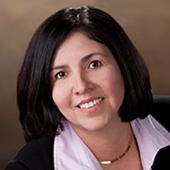
Program Area Coordinator, Advisor
Sylvia Celedón-Pattichis

Graduate Admissions Coordinator
Stephen Flynn

